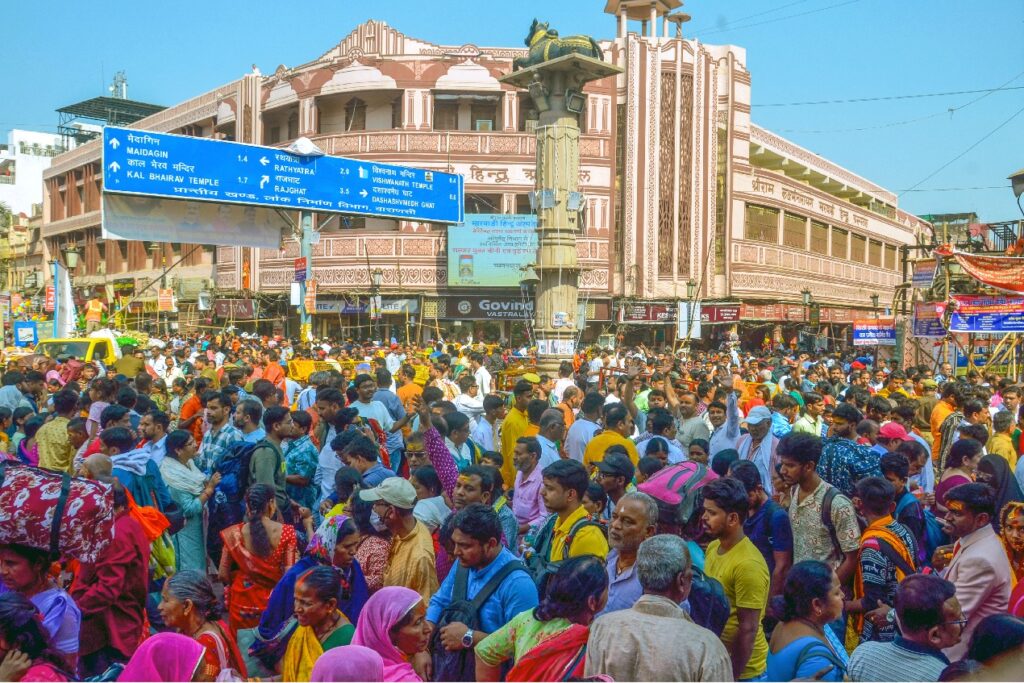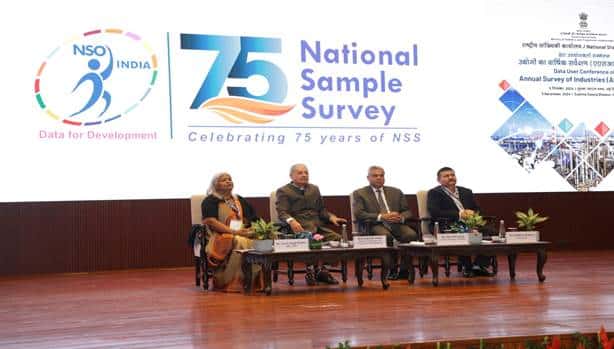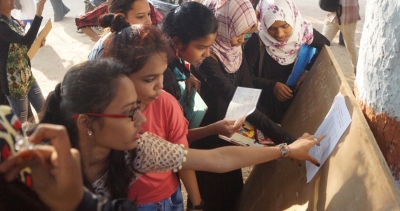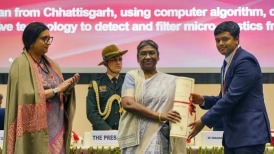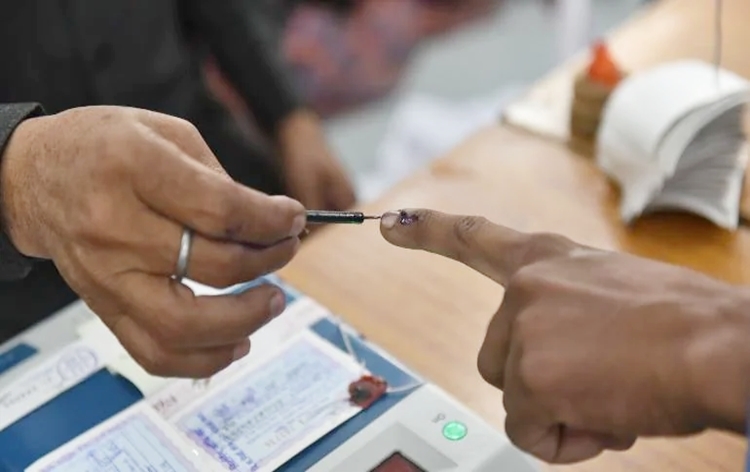Bharat Ratna to Karpoori Thakur enhances Bihar’s esteem: A tribute to the Jan Nayak
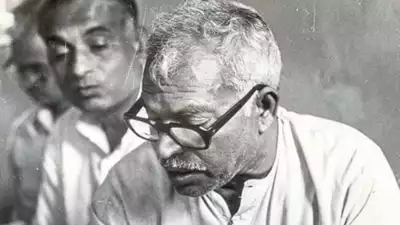
The Narendra Modi government on Tuesday announced the posthumous conferment of Bharat Ratna, India’s highest civilian award, upon the late Karpoori Thakur, who served as the chief minister of Bihar for two terms. The decision holds historical significance, acknowledging his role as a pioneer of social justice and an inspirational figure in Indian politics.
The announcement also marks the celebration of Karpoori Thakur’s birth centenary, commemorating the tireless efforts of a leader who left an indelible mark on the lives of millions by championing the cause of true social justice. His legacy resonates as a beacon of inspiration, especially in Bihar, where he engaged in public discourse alongside luminaries like Ram Vilas Paswan, Sharad Yadav, and Chandrashekhar, forming a formidable socialist alliance.
Hailing from the barber community, one of the most marginalized sections of society, Jan Nayak Karpoori Thakur overcame significant hurdles in his early life, ascending to great heights and dedicating himself to social reform. Even today, his name stands tall as a source of mental strength for the backward society.
Karpoori Thakur’s life epitomized simplicity and dedication to social justice, earning him the adoration of the common people. His humility and unassuming nature were widely appreciated, sparking discussions in every corner of Karpuri village, where the echoes of his legacy reverberate through passing trains and buses.
His commitment to the people manifested in various instances, such as refusing personal funds for his daughter’s wedding and declining any land or money when a political leaders’ colony was proposed during his tenure as Chief Minister of Bihar.
One anecdote from 1977 reflects his unpretentious character. Attending a gathering of top leaders in a torn kurta, he shrugged off offers of financial assistance, redirecting the funds to the Chief Minister’s Relief Fund. These stories underscore the simplicity and down-to-earth nature that endeared him to the masses.
The Narendra Modi government’s decision to honour Karpoori Thakur with Bharat Ratna on the eve of his centenary celebration solidifies the Prime Minister’s standing among the Bihari and socialist populace.
Jan Nayak Karpoori Thakur was a stalwart in the pursuit of social justice. His political journey, marked by consistent efforts to ensure equitable resource distribution and universal access to opportunities, aimed at addressing systemic inequalities in Indian society. Winning his first election in 1952, he remained undefeated throughout his political career.
Serving as chief minister from 1970 to 1971 and then from 1977 to 1979, Karpoori Thakur played a crucial role in various political affiliations, aligning with the Janata Party during his initial tenure. His advocacy for the working class, labourers, and small farmers made him a powerful voice in legislative houses.
Education was a cause close to his heart, and as the education minister, he abolished English as a compulsory subject in matriculation examinations. He worked tirelessly to enhance education facilities for the underprivileged, advocating for local languages to open doors for those in small towns and villages.
Karpoori Thakur’s opposition to the Emergency and his unwavering support for affirmative action for backward classes were pivotal moments in Indian politics. He laid the foundation for a more inclusive society, where one’s birth did not dictate their destiny. His approach was lauded by leaders like Jayaprakash Narayan, Dr. Ram Manohar Lohia, and Charan Singh.
In honouring Karpoori Thakur with Bharat Ratna, the nation pays homage to a true people’s hero whose legacy continues to inspire and uplift generations.



